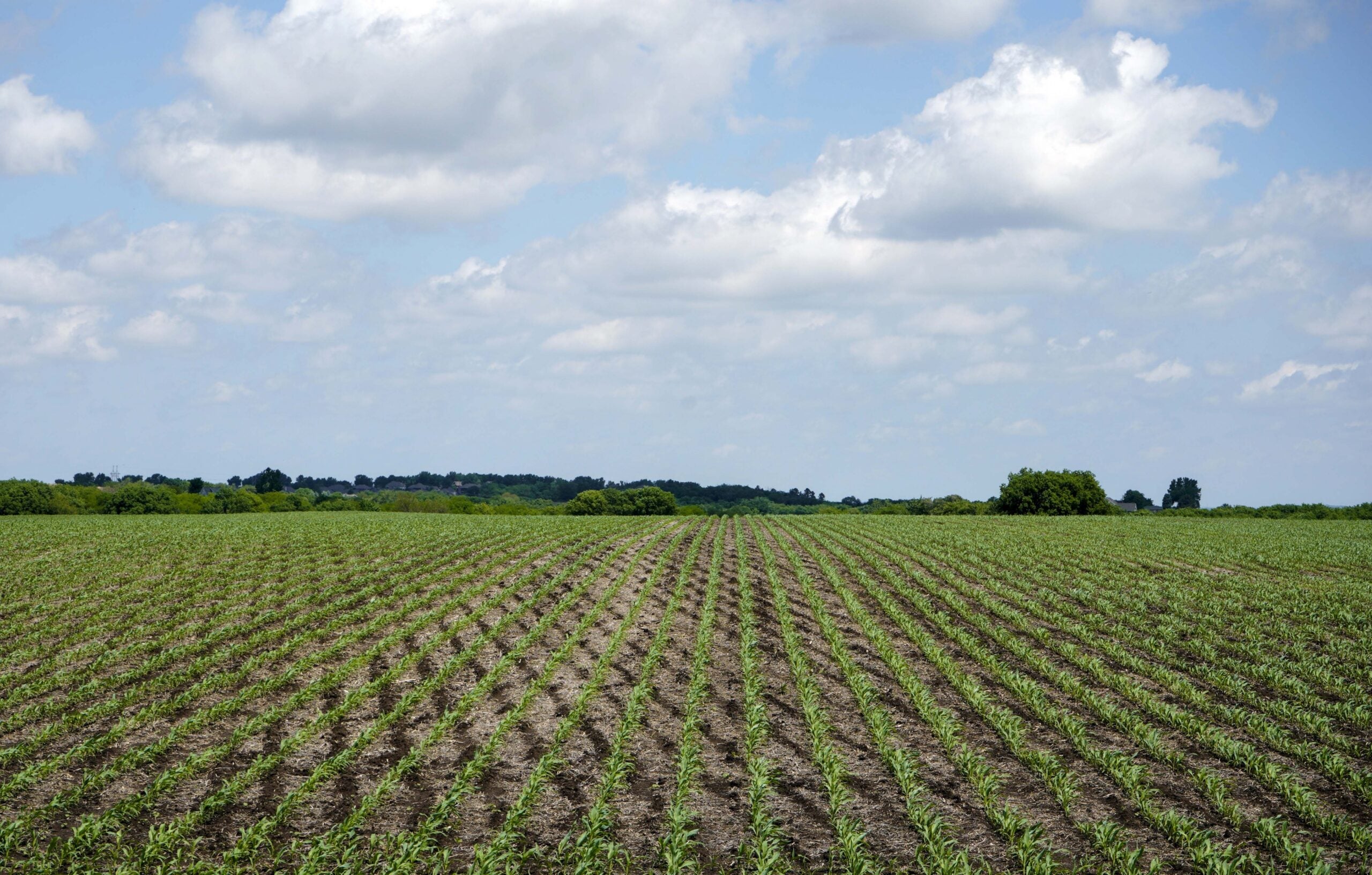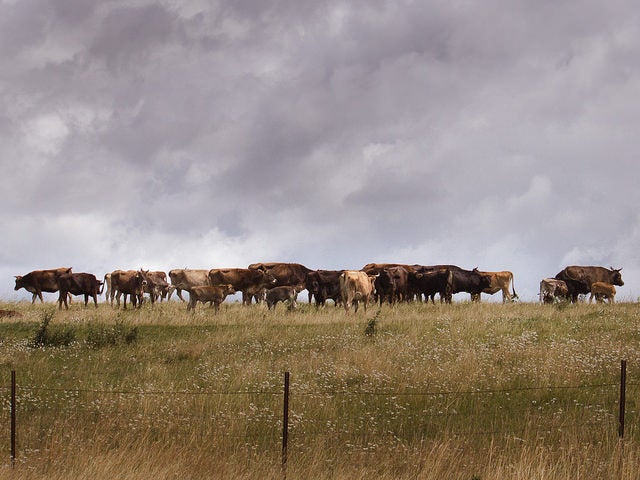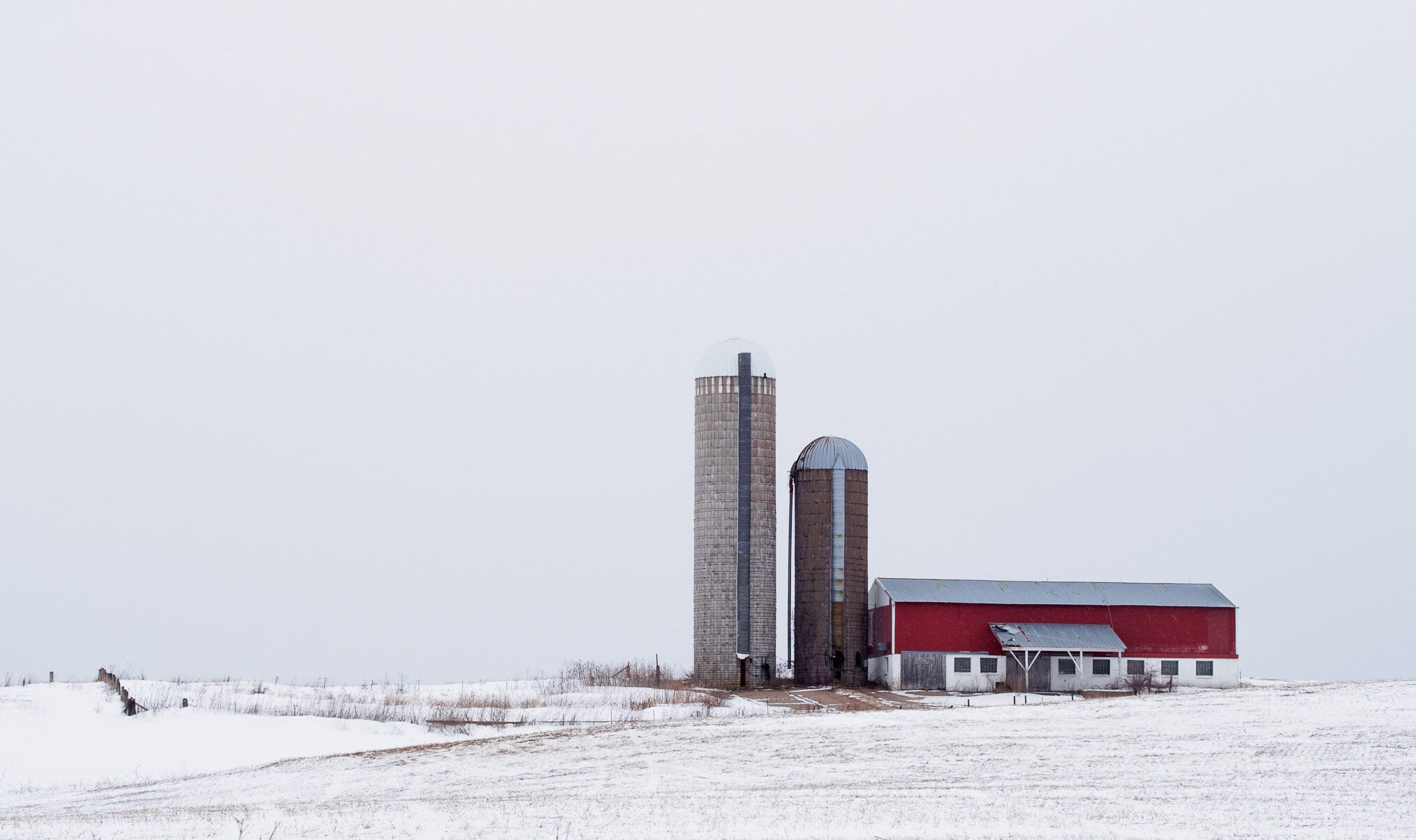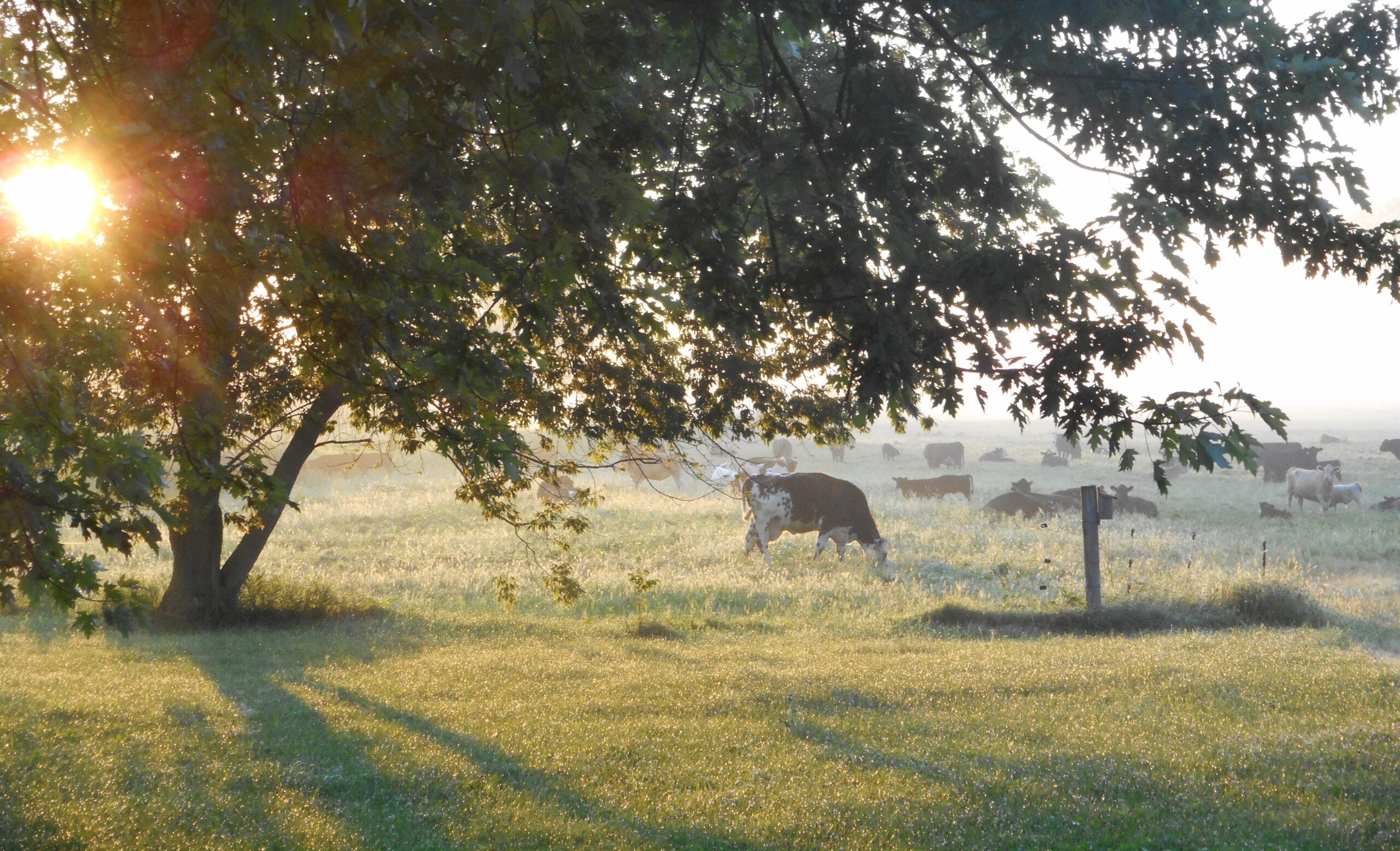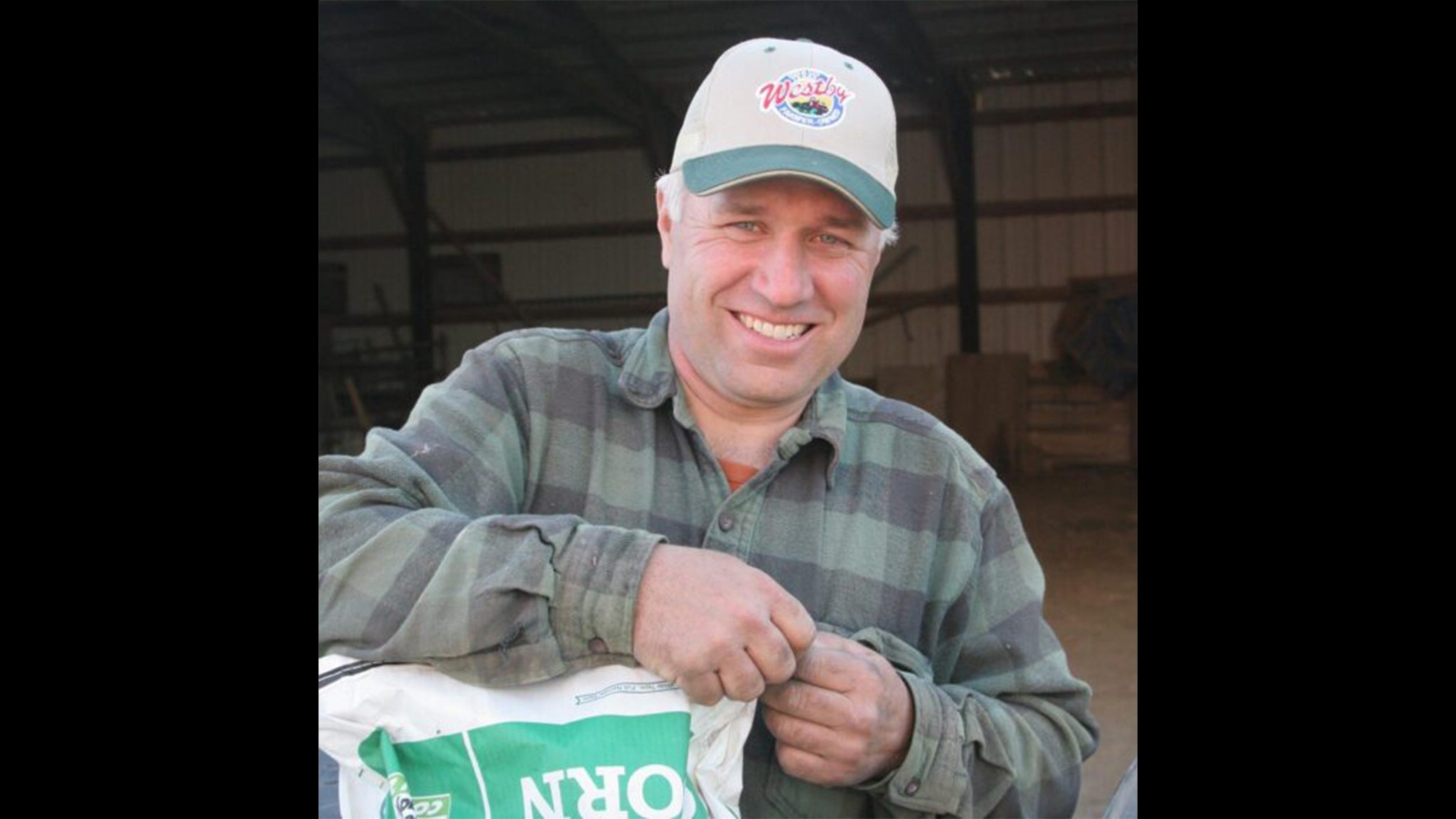A bipartisan group of state lawmakers hope the third time’s the charm for a bill that would update the state’s farmland preservation tax credit program.
Democrats and Republicans, conservationists and farm groups spoke in support of the legislation at a public hearing on Tuesday.
The Farmland Preservation Program was created in the 1970s as a way to ensure the availability of farmland for future generations, according to Tim Anderson, director of the Bureau of Land and Water Resources at the state Department of Agriculture, Trade and Consumer Protection. Anderson said at the hearing that participating farmers are required to meet state conservation standards in order to claim an annual tax credit.
Stay informed on the latest news
Sign up for WPR’s email newsletter.
The proposed amendments to the program would increase the amount of money per acre that farmers receive. It would also index the dollar amounts for inflation, allowing DATCP to increase payments to keep pace with rising prices paid by farmers. The legislation also lowers the required length of time for a preservation agreement from 15 years to 10 years.
Rep. Loren Oldenburg, R-Viroqua, is one of the bill’s main sponsors. He acknowledged during the hearing that it was the third time lawmakers have brought the bill forward, noting that it had passed previous ag committees but had not gotten to the Assembly’s floor for a vote.
Oldenburg said the bill’s authors hope several changes will help get the bill over the finish line this year. They include removing grant funding for counties and municipalities meant to help implement local farmland preservation plans, which Oldenburg said he hopes will be included in the next state budget or in separate legislation. He said lowering the minimum number of years is another important change based on feedback from farmers.
“We’re losing farmers or landowners that actually sign up for this program because the dollars are not enough,” Oldenburg said at the hearing, citing a 2018 DATCP survey of farmers in the program.
Democratic Rep. Katrina Shankland from Stevens Point, another sponsor of the bill, said the changes will hopefully attract more farmers to take part in the program and encourage landowners who already participate to enroll additional acreage.
“Since 2010, farmland has declined by about 1 million acres, and we know that once that land is out of production, it rarely, if ever, is farmed again,” she said. “So that’s really what the state’s farmland preservation program aims to protect — is our farmland, our healthy soils and our clean water.”
Iowa County Conservationist Katie Abbott spoke in favor of the legislation at the hearing. She said more than 675 farmers and landowners are enrolled in the program in her county, covering about a third of the county’s land.
“The farmland preservation program is the best tool that we have for voluntary soil and water conservation,” Abbott said in her testimony. “We have, however, fewer and fewer participants every year. In the last five years, we have lost about 8 percent of participants and the main reason that we get for why people drop out is because the payments aren’t high enough to keep up with the cost of compliance.”
Abbott said the tax credit amounts have not been increased since the last major update of the program in 2009, even though additional conservation standards were added in 2014.
Farmers currently receive $5, $7.50 or $10 per acre, depending on whether the land is in a farmland preservation zoning district created by a local government or under a preservation agreement with DATCP. The bill would increase the rates to $10 to $12.50 an acre.
While the dollar amounts received per acre have been relatively small, Abbott said farmers that participate in the program benefit from working with conservation staff on best practices. She said this consultation is especially important as more farms transition from dairy cows on pasture to growing row crops that use fertilizers and tilling.
“The big one is the nutrient management planning. That’s the one we definitely see people stopping once they drop out of this program,” Abbott said at the hearing. “I think this program really allows us to work with farmers and help them not only have a nutrient management plan, but use it to improve their conservation and their bottom line.”
Shawn Pfaff is a lobbyist who spoke on behalf of the Dairy Business Association and the Wisconsin Ag Coalition, which represents 21 farmer groups and organizations that work with producers. Pfaff said the state’s agriculture industry also supports the bill, saying the preservation program “keeps farmers farming”.
“We have heard that reducing the program’s participation level from 15 to 10 years is very helpful as farmers make their decisions of what they want to do with their acreage,” Pfaff said at the hearing. “The tax credits do make a difference in this program.”
Representatives from the Wisconsin Farmers Union and Wisconsin Land and Water Conservation Association also spoke in favor of the bill at Tuesday’s hearing. Several other farmer groups including the Wisconsin Farm Bureau and environmental group Clean Wisconsin registered their support.
A version of the bill in the state Senate has not yet received a public hearing.
Wisconsin Public Radio, © Copyright 2025, Board of Regents of the University of Wisconsin System and Wisconsin Educational Communications Board.
